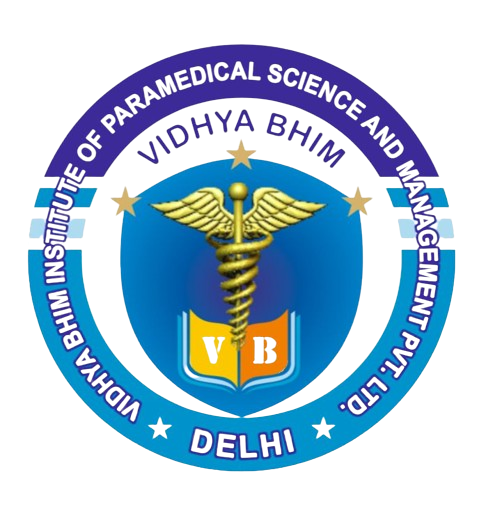Advance Course
An advanced course typically refers to an educational program that builds upon foundational knowledge in a specific field or subject area. These courses delve deeper into the intricacies, complexities, and specialized topics within the discipline. They are designed for individuals who have already acquired a certain level of expertise or proficiency in the subject and are seeking to further enhance their skills, knowledge, and understanding. Advanced courses often cover advanced theories, methodologies, techniques, and applications relevant to the field, providing participants with a more comprehensive and in-depth understanding. These courses may lead to specialized certifications, diplomas, or degrees, depending on the duration and scope of the program.
Eligibility Criteria
Educational Qualification: Candidates are typically required to have completed a certain level of education as a prerequisite. This could include:
- A bachelor’s degree for postgraduate advanced courses.
- A postgraduate degree for doctoral or research-based advanced courses.
Field-Specific Prerequisites: Some advanced courses may have specific prerequisites related to the candidate’s educational background or prior knowledge in the field. For example:
- Prior coursework or experience in a related subject area.
- Proficiency in certain skills or technologies relevant to the course.
Standardized Test Scores (if applicable): Certain advanced courses, especially those offered internationally, may require candidates to submit scores from standardized tests such as the GRE (Graduate Record Examination), GMAT (Graduate Management Admission Test), or subject-specific tests.
Work Experience (if applicable): For professional or executive education programs, candidates may be required to have a certain level of work experience in a relevant field.
Language Proficiency: If the course is conducted in a language other than the candidate’s native language, proficiency in that language may be required. This could be demonstrated through standardized language proficiency tests such as TOEFL or IELTS.
Letters of Recommendation: Some advanced courses may require candidates to submit letters of recommendation from academic or professional references attesting to their qualifications and suitability for the program.
Statement of Purpose: Candidates may need to submit a statement of purpose outlining their academic and professional background, career goals, and reasons for pursuing the advanced course.
Entrance Exams (if applicable): Certain advanced courses may require candidates to clear entrance exams specific to the program or institution.

Advanced courses such as Computer Courses, JEE, NEET, and others are designed to prepare students for professional and competitive success. Computer courses build essential digital and technical skills for modern careers, while JEE and NEET focus on engineering and medical entrance exams, offering a strong foundation in science and mathematics. Other courses like UPSC, CA, NDA, and language or skill development programs also help students pursue specialized fields and government jobs. These courses play a vital role in shaping a student’s future and open doors to higher education and career opportunities.

Advanced courses help students gain in-depth knowledge and specialized skills for future careers.
Programs like JEE, NEET, and Computer courses prepare students for competitive exams and technical fields.
These courses offer career-focused training and open the path to higher education.
Students can choose from a wide range of options like CA, UPSC, NDA, and coding to match their goals.
Advanced courses build confidence, improve problem-solving skills, and boost career opportunities.
They are ideal for students who want to stay ahead in academics and professional life.
By joining such courses, students can enhance their knowledge and get ready for a bright future.

